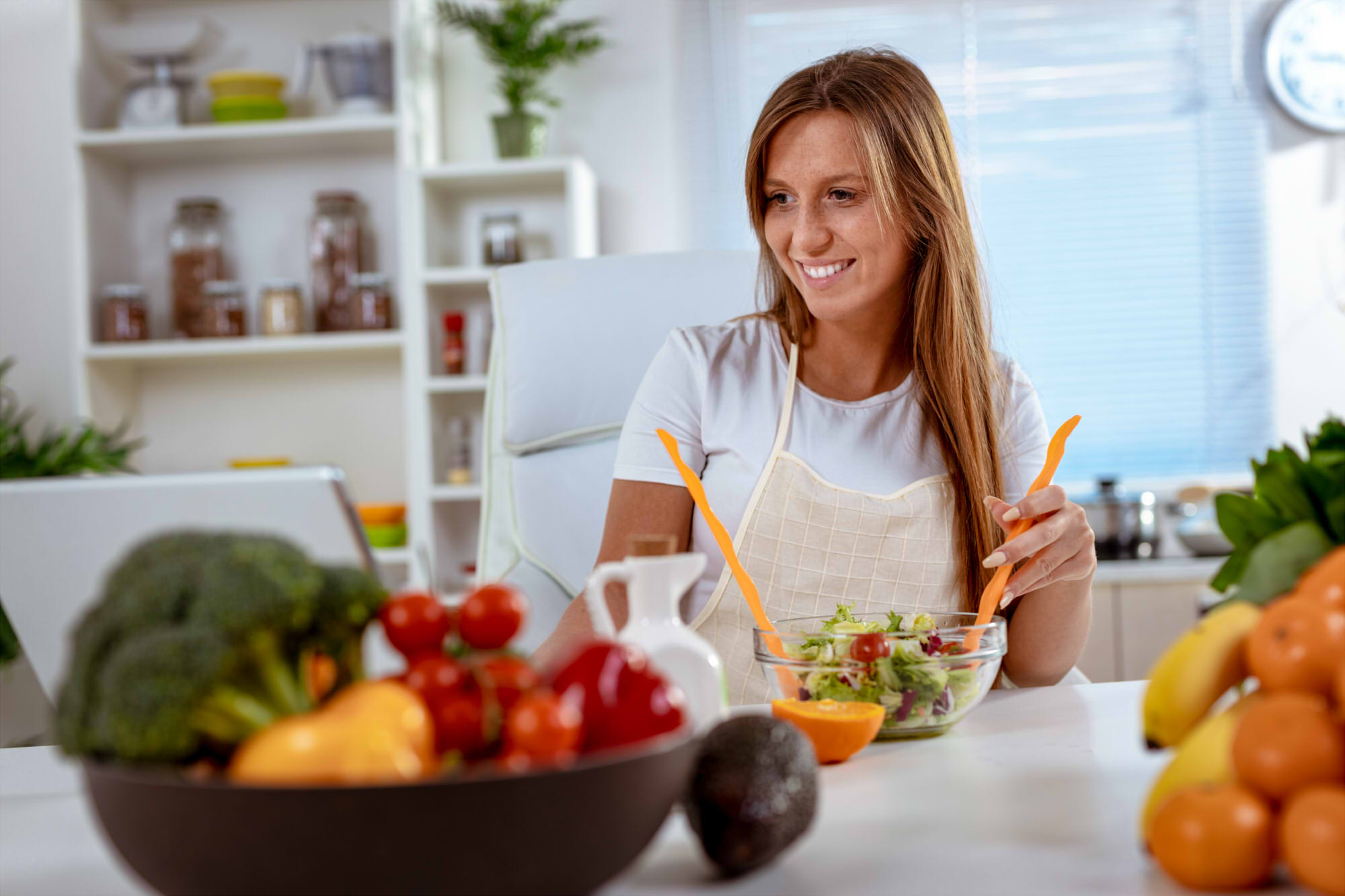


Healthy New Year’s resolutions are in full swing. But if you’ve decided 2023 is the year to start trying to conceive, there’s a few things that should be on your pre-pregnancy check list.
We chat to Dr Naguesh Gaunekar, fertility specialist at Queensland Fertility Group’s Mackay clinic as he shares health, diet and lifestyle advice, to help increase your chances of getting pregnant.
“If you’re planning to conceive, nutrition plays an important role, in both men and women. Where you can, natural real food is best,” said Dr Gaunekar.
“Eat lots of vegetables and fibre, fish, legumes and olive oil. Steer clear of processed foods, to avoid added sugar and salt, and aim for ample protein.
“In fact, Mediterranean foods are good choices; they have plenty of good fats like omega-3, and antioxidants to help promote a healthy gut microbiome.
“Anti-inflammatory foods can actually help balance your hormones and play a role in keeping a woman’s cycle and ovulation healthy.
Dr Gaunekar explains that traditionally, the overall burden of fertility health has historically fallen onto women, when in fact men account for half of the fertility equation.
“One in six couples experience fertility problems, and male-related infertility contributes to 50% of couples who are struggling to conceive.
“Luckily there are many things a man can do to improve his sperm health; by improving lifestyle factors, eating healthily, avoiding alcohol, and stopping smoking.
“It’s important both partners are in optimal health before trying to conceive; and it pays to know that sperm production actually takes about three months.
“So for men, you’ll need to plan ahead when you want to conceive as the sperm you are producing today was actually made six weeks ago,” said Dr Gaunekar.
Having healthy sperm not only increases your chances of achieving a pregnancy faster, but it can actually help improve the health of your future child.
There’s also a growing body of evidence that fertility health can be negatively impacted by certain chemicals found in our environment, known as endocrine disrupting chemicals (EDCs).
Dr Gaunekar advises washing fruit and vegetables thoroughly, as they may have been exposed to pesticides.
“Use paraben-free personal products such as shampoos, conditioners and soaps. Avoid plastic bottles, which keeps you away from chemicals like Bisphenols, including BPA – use a stainless-steel water bottle instead,” said Dr Gaunekar.
To really boost your pre-pregnancy planning, visit a fertility specialist which can conduct simple fertility tests to find out what’s happening, explore all your options and help you fall pregnant sooner.
Queensland Fertility Group is also launching a new ‘Before Baby’ program to help you feel empowered as you start your journey to parenthood. It’s a free four-week pre-pregnancy guide sent via email each week, covering everything fertility, fitness, relationships, nutrition, plus lots of bonus content. To sign up visit qfg.com.au
Pre-pregnancy check list
● For women - take 0.5mg folic acid supplements daily
● Aim for a healthy diet and BMI
● Moderate exercise
● Quit alcohol, smoking and reduce caffeine
Dr Naguesh Gaunekar encourages couples trying to conceive to eat a healthy diet with natural food
Dr Naguesh Gaunekar
Trying to conceive can be a stressful time for couples. Dr Naguesh Gaunekar at Queensland Fertility Group offers local solutions in Mackay to give couples options in their fertility journey